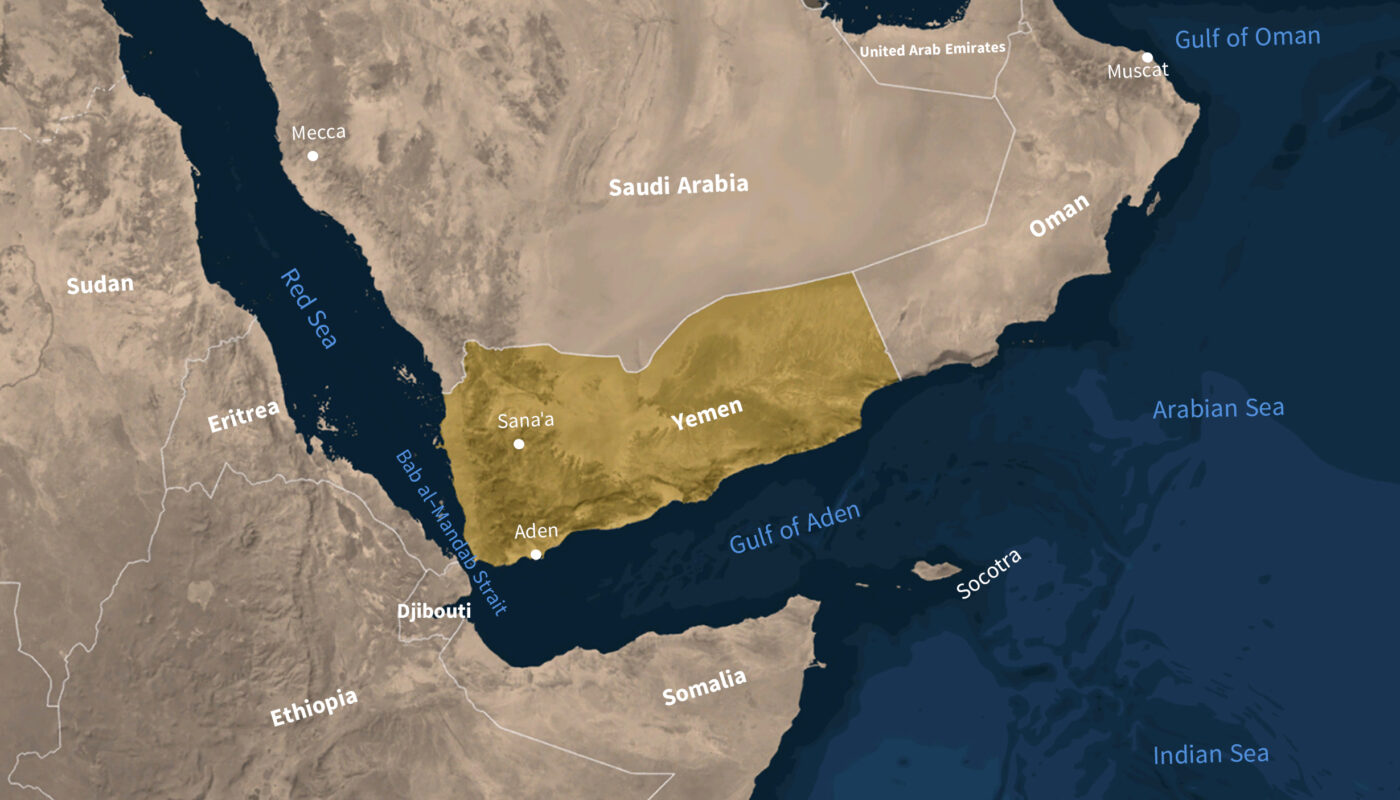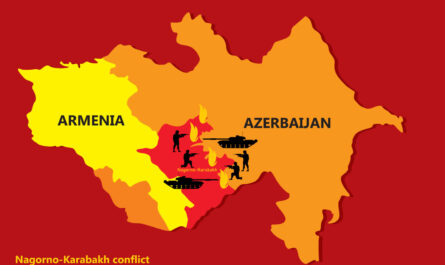Houthi Rebel Attack: Threatening the Stability of the Red Sea Region
The Red Sea, historically known for its strategic importance in global trade and geopolitical dynamics, is once again thrust into the spotlight due to escalating tensions caused by Houthi rebel attacks. The recent assault by Houthi rebels on vessels passing through the Red Sea has not only raised concerns about the safety of maritime trade but has also intensified fears of regional instability.
The Red Sea: A Crucial Maritime Passage
The Red Sea serves as a vital artery for international trade, connecting Europe, Asia, and Africa. Its strategic location makes it a key transit route for oil tankers, container ships, and other vessels transporting goods between the East and the West. Countries bordering the Red Sea, including Egypt, Saudi Arabia, Sudan, and Yemen, heavily rely on its waters for their economic prosperity.
Houthi Rebels: A Persistent Threat
The Houthi rebels, who control significant portions of Yemen, have been a destabilizing force in the region for years. Backed by Iran, the Houthis have repeatedly targeted maritime traffic passing through the Red Sea, endangering not only commercial vessels but also posing a threat to international peace and security.
The Red Sea Attack
In a recent brazen act of aggression, Houthi rebels launched a series of attacks on ships navigating the Red Sea. These assaults, which included missile strikes and attempted hijackings, have sent shockwaves across the international community and raised alarm bells about the escalating conflict in Yemen spilling over into neighboring waters.
Implications for Maritime Trade
The Houthi rebel attacks on vessels in the Red Sea have far-reaching implications for maritime trade. Shipping companies now face heightened security risks and increased insurance premiums, which could lead to higher costs for consumers. Moreover, the threat of further attacks may deter shipping companies from using the Red Sea route altogether, opting for alternative routes that are perceived to be safer but longer and more expensive.
Regional Security Concerns
The escalation of hostilities in the Red Sea poses significant security concerns for countries in the region and beyond. Saudi Arabia and Egypt, two key stakeholders with vested interests in maintaining stability in the Red Sea, have condemned the Houthi attacks and called for international intervention to curb the rebel group’s aggression. However, finding a peaceful resolution to the conflict remains elusive as geopolitical rivalries and proxy wars complicate efforts to broker a ceasefire.
International Response
The international community has also voiced its concern over the deteriorating security situation in the Red Sea. The United Nations Security Council has held emergency meetings to address the Houthi attacks and explore diplomatic solutions to the crisis. Meanwhile, major powers such as the United States and European Union have condemned the violence and called for a de-escalation of tensions in the region.
The recent spate of Houthi rebel attacks in the Red Sea threatens to destabilize one of the world’s most important maritime passages. As the international community grapples with finding a peaceful resolution to the conflict in Yemen, it must also work towards safeguarding the security of the Red Sea and ensuring the free flow of maritime trade. Failure to address the root causes of the conflict and contain the spread of violence risks plunging the region into further chaos and instability, with far-reaching consequences for global commerce and security.
Understanding the Motivations Behind Houthi Rebel Attacks in the Red Sea
The recent series of attacks by Houthi rebels in the Red Sea has once again brought to the forefront the complexities and motivations driving the conflict in Yemen. While the immediate consequences of these assaults are evident in disrupted maritime trade and heightened regional tensions, understanding the underlying reasons behind the Houthi rebel attacks is crucial for devising effective strategies to address the root causes of the conflict.
Historical Context: The Yemeni Civil War
The conflict in Yemen, which escalated in 2014 with the Houthi insurgency and subsequent intervention by a Saudi-led coalition, has its roots in longstanding grievances and political divisions within the country. The Houthis, a Shiite Muslim rebel group from northern Yemen, have long felt marginalized and excluded from political power by the Sunni-dominated government in Sana’a. Their grievances, fueled by economic hardship and social inequality, eventually erupted into armed conflict, plunging Yemen into a devastating civil war.
Regional Dynamics and Proxy Warfare
The conflict in Yemen has also been exacerbated by regional rivalries and external interference. Saudi Arabia, fearing the influence of Iran-backed Houthi rebels on its southern border, intervened militarily in Yemen to support the internationally recognized government of President Abdrabbuh Mansur Hadi. The Saudi-led coalition’s intervention, however, has only deepened the humanitarian crisis in Yemen and fueled resentment among the Houthi rebels, who view themselves as defenders of Yemeni sovereignty against foreign aggression.
Strategic Significance of the Red Sea
The Red Sea, with its strategic location connecting Europe, Asia, and Africa, holds immense economic and geopolitical significance. Control over maritime routes in the Red Sea allows for the projection of power and influence, making it a coveted prize for both regional and global powers. The Houthi rebel attacks in the Red Sea can thus be seen as a strategic maneuver aimed at asserting their presence and disrupting the operations of their adversaries, particularly Saudi Arabia and its allies.
Targeting Maritime Traffic: A Tactical Move
By targeting maritime traffic in the Red Sea, the Houthi rebels seek to undermine the economic interests of their adversaries while drawing international attention to their cause. Disrupting the flow of goods through one of the world’s busiest shipping lanes not only inflicts economic damage but also sends a message to the international community about the Houthi rebels’ capabilities and determination to resist external pressure.
Calls for a Political Solution
As the conflict in Yemen continues to escalate, with no clear end in sight, calls for a political solution to the crisis have grown louder. Efforts to revive peace talks between the warring parties have faltered, hampered by mutual distrust and competing interests. However, a sustainable resolution to the conflict can only be achieved through inclusive dialogue and compromise that addresses the legitimate grievances of all parties involved.
Conclusion
The Houthi rebel attacks in the Red Sea are a manifestation of the complex web of political, economic, and strategic factors driving the conflict in Yemen. While these assaults may seem like isolated incidents, they are symptomatic of deeper underlying tensions and grievances that must be addressed through diplomatic means. Achieving lasting peace in Yemen requires a concerted effort by all stakeholders to find common ground and work towards a comprehensive political solution that addresses the root causes of the conflict.




